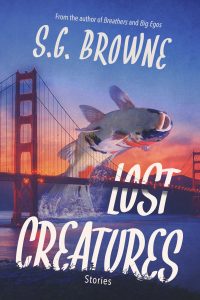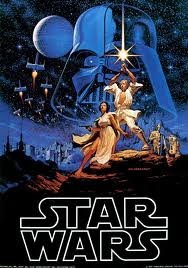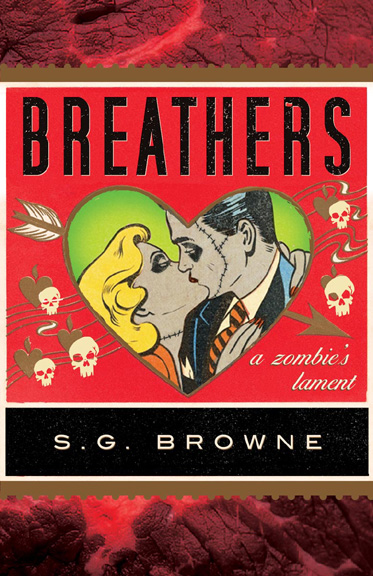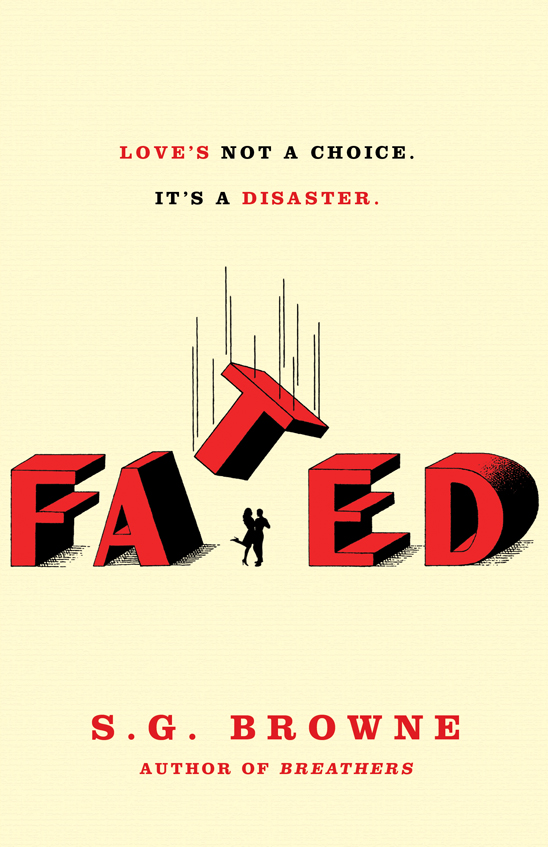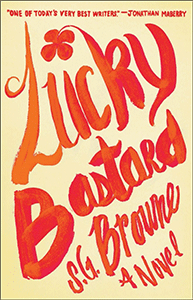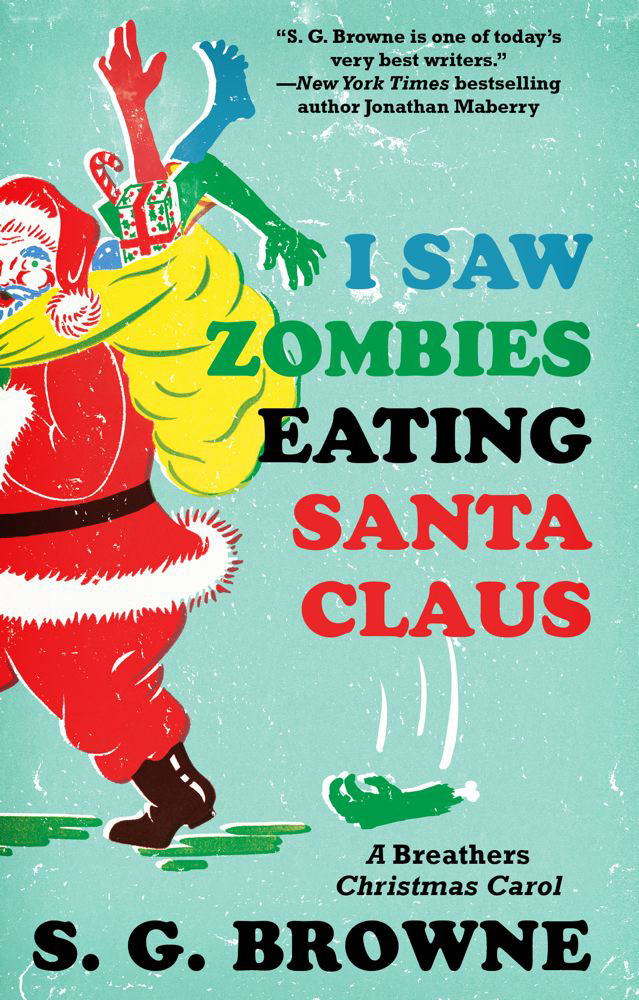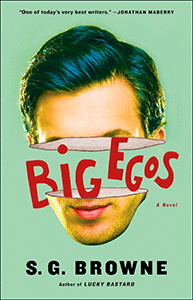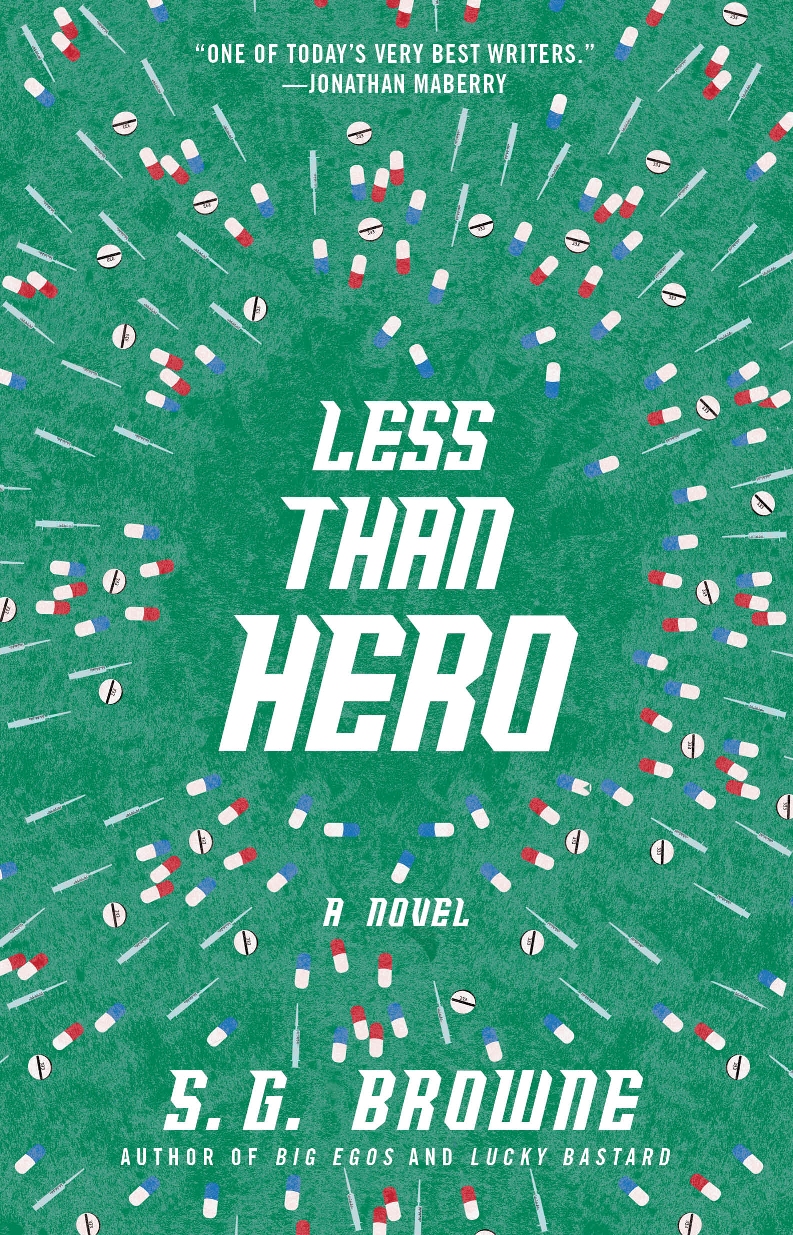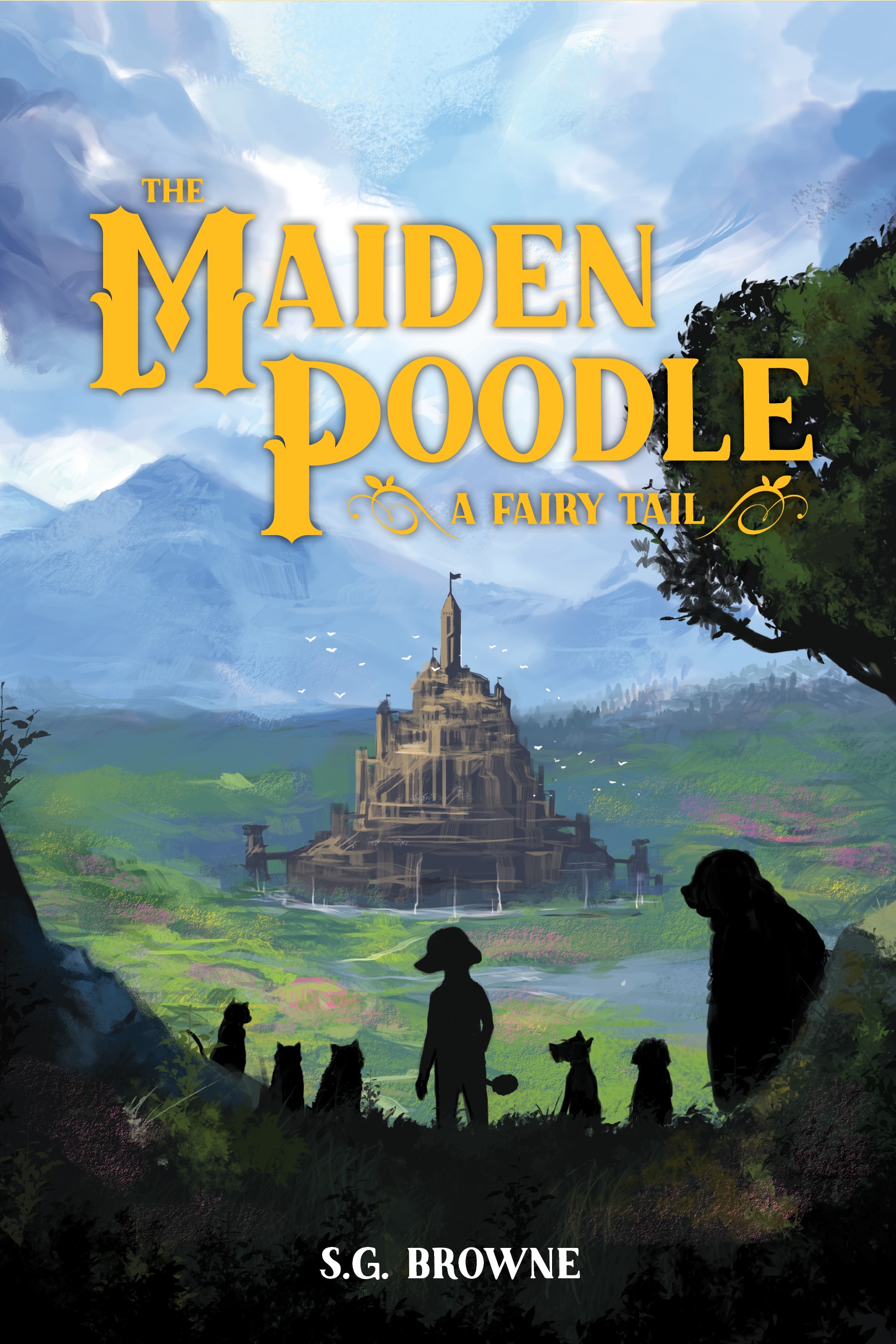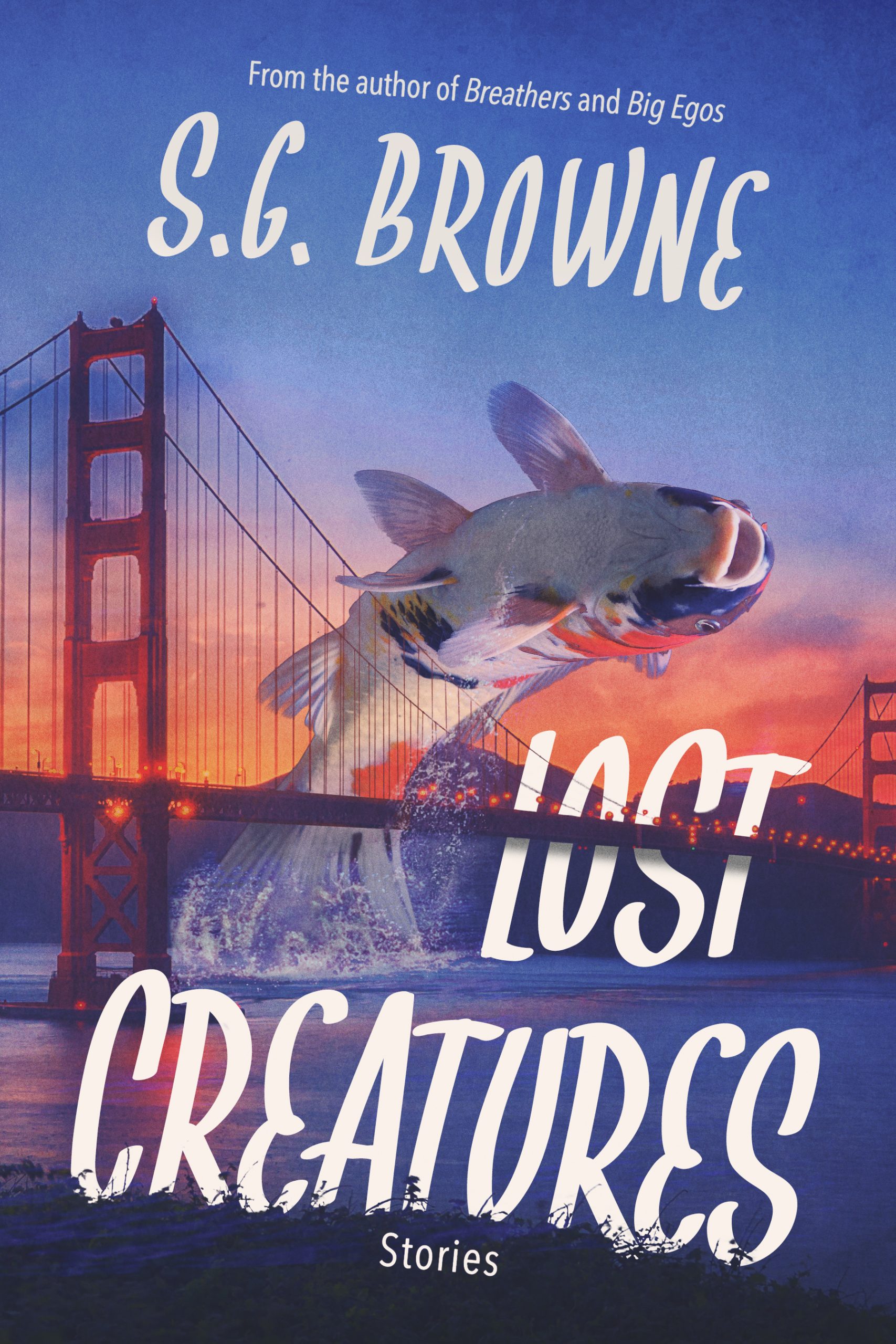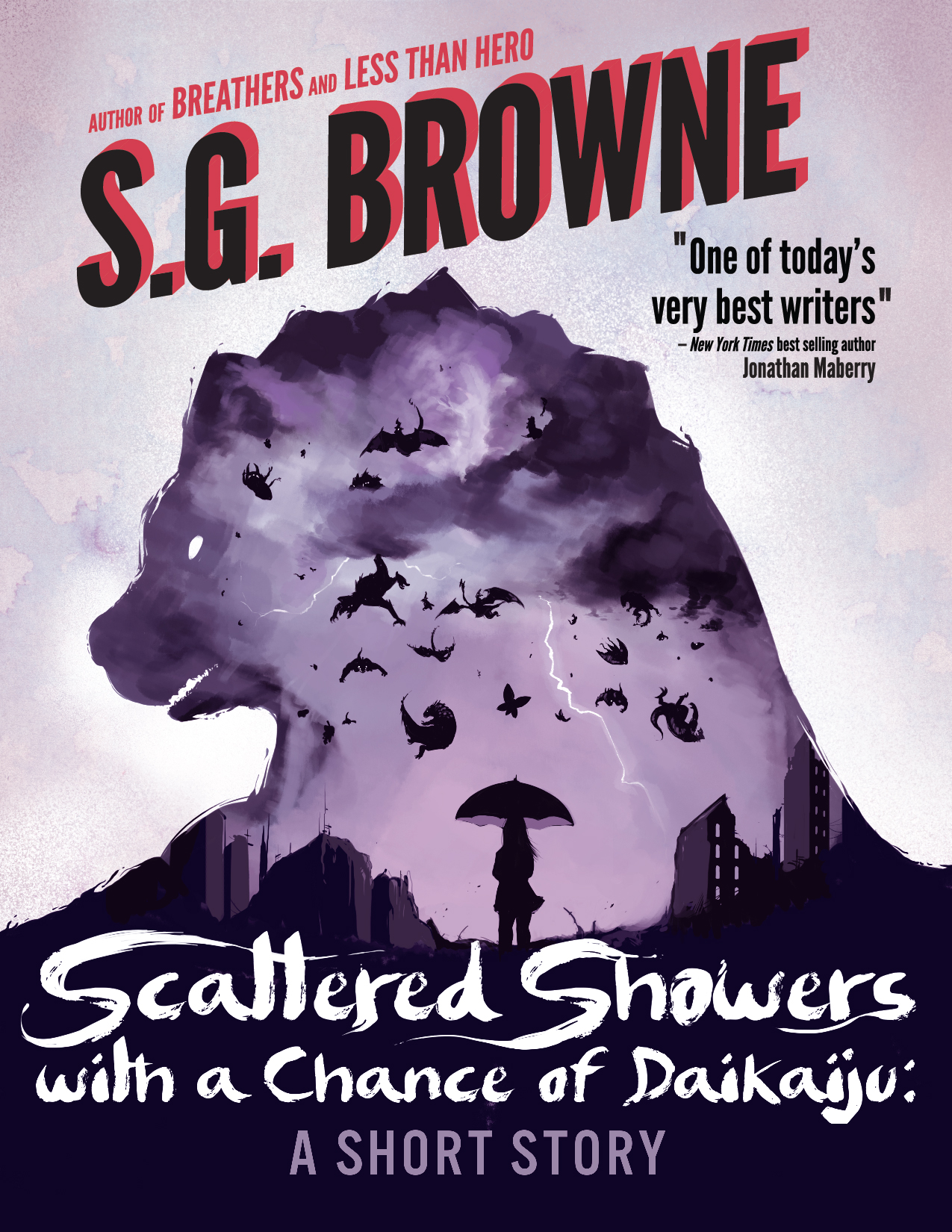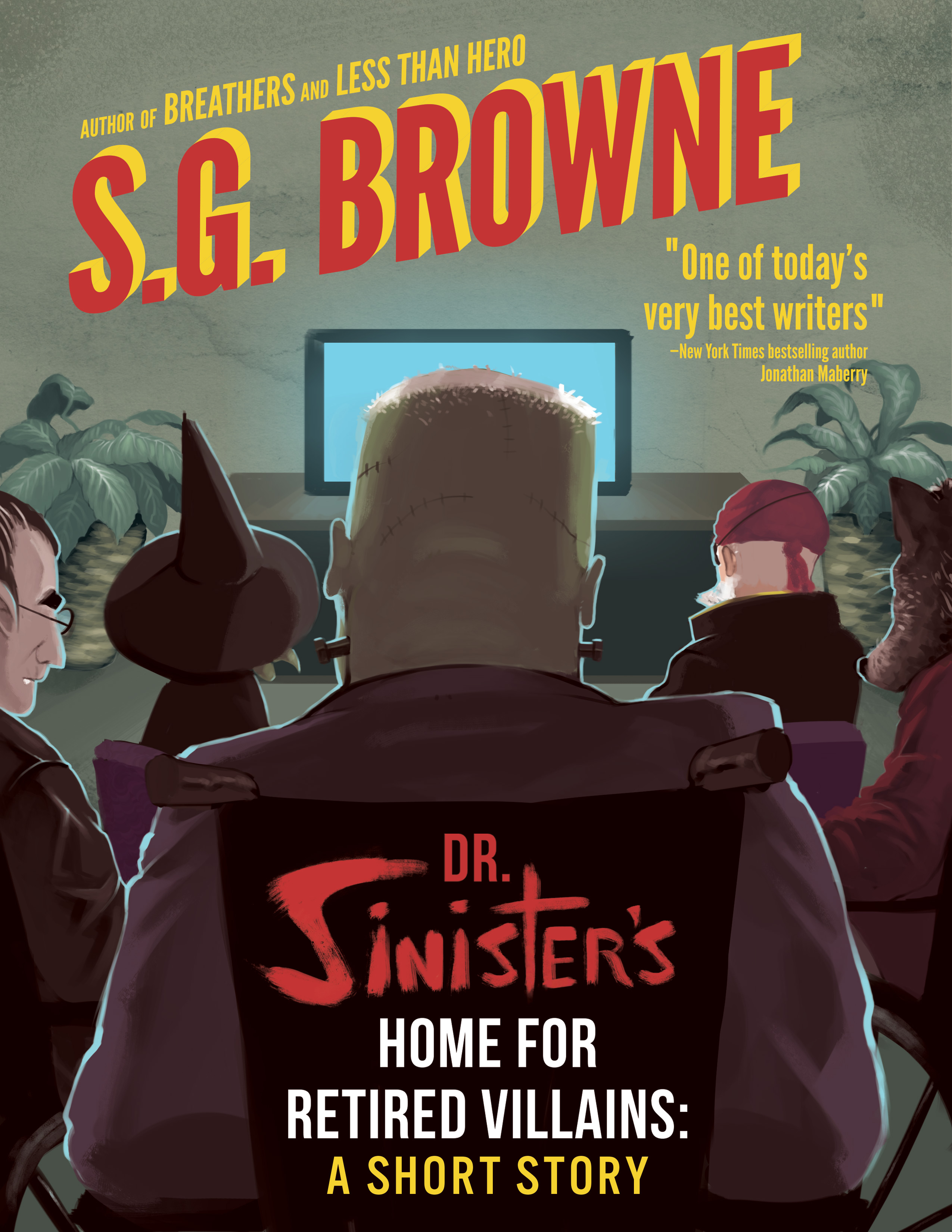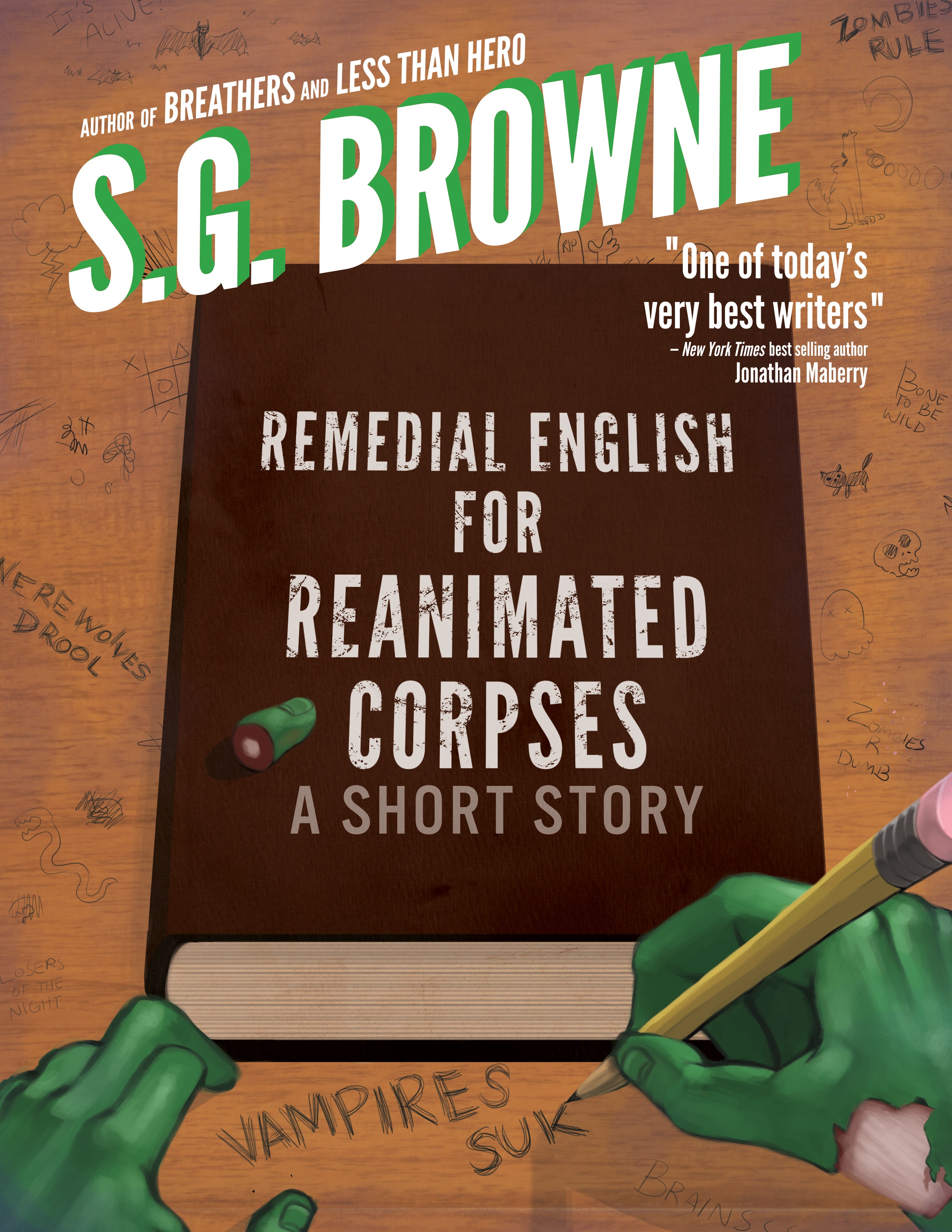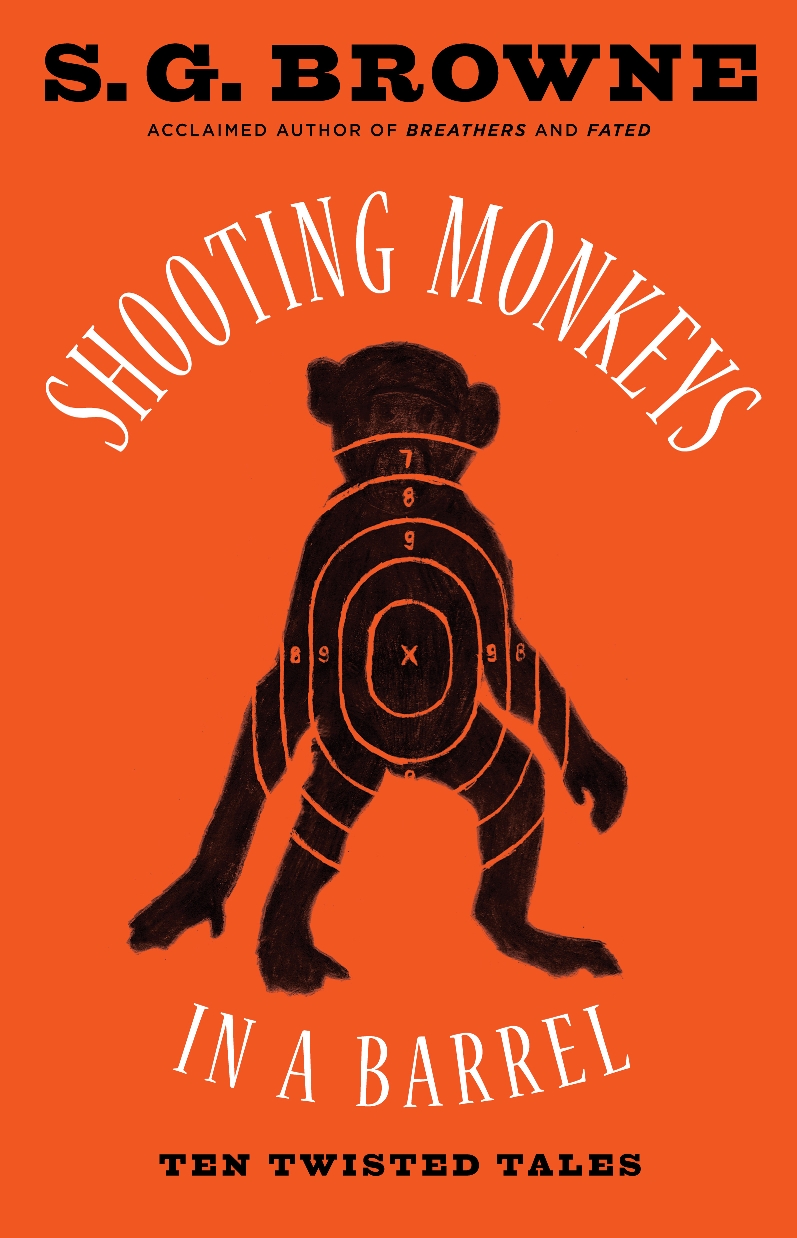I’m not a big fan of long chapters.
I prefer my chapters short and manageable. Chapters that give me some dialogue, some action, some character building, some plot movement, and don’t screw around with excessive description or weighty exposition or ten-page flashbacks.
Call me a product of Hollywood movies.
 Plus short chapters give me a definite place to stop. With long chapters I always feel like I’m being forced to keep reading to the end when sometimes I just want to roll over and go to sleep. At least give me a break in the middle of the chapter, a space or a line of asterisks or some fancy little symbol so I don’t have to pick up the book mid-scene and try to remember where I stopped and what was going on. It’s like stopping in the middle of a conversation while you’re at a bar and trying to remember what you were talking about before you did another shot of Jagermeister.
Plus short chapters give me a definite place to stop. With long chapters I always feel like I’m being forced to keep reading to the end when sometimes I just want to roll over and go to sleep. At least give me a break in the middle of the chapter, a space or a line of asterisks or some fancy little symbol so I don’t have to pick up the book mid-scene and try to remember where I stopped and what was going on. It’s like stopping in the middle of a conversation while you’re at a bar and trying to remember what you were talking about before you did another shot of Jagermeister.
Writing a chapter is like giving a speech. You really only have 3-5 minutes before people lose their interest. But because I’m being generous, let’s say you’ve got 10-15 minutes. Tops. After that, eyes are turning glassy and people are wondering where to take their next vacation and what to have for dinner and and how to kill their boss without going to jail.
Book chapters should be governed by the same rules. 10-15 pages, max. You exceed that and I’m flipping forward, wondering how much longer it’s going to take me to finish this damn chapter so I can feel like I have a sense of closure.
Yes, I’m a little bit obsessive compulsive. But so are you. Admit it.
 Right now I’m reading Look at Me by Jennifer Egan, which at 415 pages and 20 chapters averages nearly 21 pages per chapter. To make matters worse, the book is written in 10-point Times Roman so there’s more than 400 words per page. Come on! That’s a good 100 words per page more than Carl Hiaasen’s Star Island, which is written in 12-point Times Roman and, at 354 pages and 31 chapters, comes in at a much more reasonable 11.4 pages per chapter.
Right now I’m reading Look at Me by Jennifer Egan, which at 415 pages and 20 chapters averages nearly 21 pages per chapter. To make matters worse, the book is written in 10-point Times Roman so there’s more than 400 words per page. Come on! That’s a good 100 words per page more than Carl Hiaasen’s Star Island, which is written in 12-point Times Roman and, at 354 pages and 31 chapters, comes in at a much more reasonable 11.4 pages per chapter.
Bing, bang, boom.
In this age where e-mails and text messages and Facebook status updates have replaced hand-written letters and phone calls and actual conversations, where in another generation Twitter will have made it impossible for anyone to have any kind of interaction that’s longer than 140 characters, I think short chapters are definitely going to be in demand.
Fortunately I’m already ahead of the game, as Breathers, with 310 pages and 58 chapters, comes in at 5.3 pages per chapter (PPC), while Fated (352 pages and 54 chapters) has a PPC of 6.5.
Ka-ching!
After going through a random sampling on my bookshelf, I discovered that the majority of my favorite novels have short chapters, with The Great Gatsby being one exception to the rule with a PPC of 20. And nearly every novel written by Chuck Palahniuk, Christopher Moore, and Kurt Vonnegut comes in with a PPC of less than 10.
True, 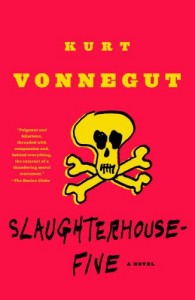 Slaughterhouse Five has only 10 chapters and a PPC of just over 20, but each chapter is broken up into as many as 80 separate sections and some of the chapters even have pictures. Bonus! So it’s still technically in the club. And then there’s Cat’s Cradle with 191 pages and 127 chapters for a PPC of 1.5, which is by far the lowest PPC of any novel I’ve ever read and sets the bar for ADD readers and Twitter-philes.
Slaughterhouse Five has only 10 chapters and a PPC of just over 20, but each chapter is broken up into as many as 80 separate sections and some of the chapters even have pictures. Bonus! So it’s still technically in the club. And then there’s Cat’s Cradle with 191 pages and 127 chapters for a PPC of 1.5, which is by far the lowest PPC of any novel I’ve ever read and sets the bar for ADD readers and Twitter-philes.
Can I have a hallelujah?
Conversely, J.R.R. Tolkien’s The Lord of the Rings has nearly 35 pages per chapter for the entire trilogy, which probably explains why I never made it past The Fellowship of the Ring. You ask me, it needed more pictures.
Here are some other notable books I own and their PPC quotient (based on the copies on my shelf):
- The Catcher in the Rye, J.D. Salinger (214 pages / 26 chapters / 8.2 ppc)
- Fight Club, Chuck Palahniuk (218 pages / 31 chapters / 7.0 ppc)
- Lolita, Vladimir Nabokov (309 pages / 36 chapters / 8.6 ppc)
- The Big Sleep, Raymond Chandler (231 pages / 32 chapters / 7.2 ppc)
- Never Let Me Go, Kazuo Ishiguro (288 pages / 23 chapters / 12.5 ppc)
- The Hitchhiker’s Guide to the Galaxy, Douglas Adams (143 pages / 35 chapters / 4.1 ppc)
- The Adventures of Huckleberry Finn, Mark Twain (322 pages / 43 chapters / 7.5 ppc)
- High Fidelity, Nick Hornby (323 pages / 35 chapters / 9.2 ppc)
- The Stand, Stephen King (817 pages / 66 chapters / 12.4 ppc) *The original version, not the complete and uncut version, which has a PPC of 14.8
So where do you sit? Long chapters? Short chapters? Tequila shots instead of Jagermeister? Have at it. Or not. It’s a free country.





